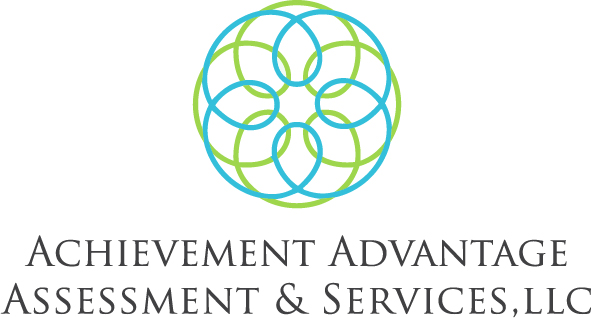When your child is struggling in school and you suspect that your child may have a disability, it can be an emotional experience and many people will provide you with a multitude of solutions to your problems. As former school professionals, we can provide you with our recommendations from beginning to end.
Meet with Teacher
Our first recommendation is always to start by meeting with your child’s teacher. Your child’s classroom teacher is the most knowledgeable individual about your child in the school building. They spend the most time with them and are should be a centralized hub of data regarding your child’s performance within the school. At the meeting, I would ask a number of questions to determine where your child currently stands in relation to other students in the class, school and nation. Here is a list of questions that we would recommend you ask your child’s teacher during that meeting:
What are my child’s current grades?
What are my child’s strengths and weaknesses?
What data do you have to support those areas of strength and weakness?
What does that data mean for my child’s educational performance?
How does my child’s data compare to the peers in the classroom, school, and nation?
Does the data show that my child is making progress or is my child’s performance stagnant?
If your child is making progress, is it considered adequate/does it meet expectations for progress?
How is this data used to inform my child’s instruction?
What interventions are being implemented in the classroom/what differentiated instruction is my child receiving?
Is my child receiving any additional supports targeting their area of weakness?
How long has my child been receiving these supports?
Do you have any concerns regarding my child’s social/emotional or behavioral functioning?
Meet with Intervention Team
After meeting with your child’s teacher, where you should be able to collect valuable information regarding your child’s academic performance, we would suggest that you request a meeting with the school’s intervention team. This team is called different things in many different schools. We have frequently seen these teams called: Intervention Assistance Team, RTI Team, MTSS Team or Problem Solving Teams. These teams typically will involve you, your child’s classroom teacher, grade level intervention specialist, school psychologist, and building level administrator. The purpose of these teams is to analyze student data, design intervention specific to the student’s needs, set an intervention goal, and determine how progress will be monitored. Most teams have a format that will guide the meeting. However, these are important questions that you should have the answers to before leaving the meeting:
What intervention options are available for my child in the school?
What Tier of intervention is my child receiving?
What intervention has team chosen for my child to participate in?
Is this intervention research-based?
Will my child receive this intervention one-on-one or in a group?
If in a group, what is the group size?
How frequently and for how long will my child receive this intervention?
Who will be implementing the intervention?
How is my child’s need being specifically met by the chosen intervention?
What tool is being used to measure my child’s progress?
How often will my child’s progress be measured?
How is the progress monitoring tool directly linked to my child’s need and the chosen intervention?
What goal has been set for my child to reach as a result of the implemented intervention?
When is the team meeting again to discuss your child’s progress?
Follow-Up
At the follow-up team meetings, which are typically held anywhere from 6-12 weeks apart in order to allow the team to implement the intervention and collect progress monitoring information, the team will work to determine the effectiveness of the intervention. At this meeting you should have an answer to the following questions:
Was the intervention implemented and progress monitored the way that it was designed in the previous meeting?
Did my child show positive progress to the intervention?
Did my child meet the intervention goal?
What was my child’s rate of improvement compared to the expected rate of improvement?
As a result of the progress monitoring data, what, if any, changes will be made?
Will a new research-based intervention be implemented?
Will there be changes in the frequency, intensity or duration of the current intervention?
This process and team meetings will likely occur multiple times before team can determine the most appropriate intervention for your child. While participating with your child in the intervention process, you have the right to request that your child be evaluated to determine the presence of an educational disability at any time. You may also wish to seek a private evaluation in order to determine the presence of a disability at any time.
We will cover more regarding the evaluation process in our next blog, so tune in!

